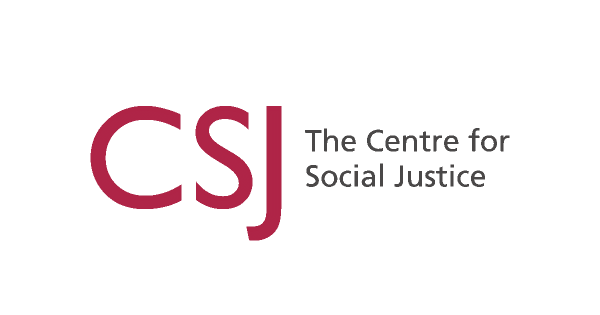Over one million days of education are lost to suspension in the school year
Over a quarter of Local Authorities responding to FOI request cannot meet their duty for excluded or suspended pupils
The new IntegratED annual report exposes the hidden crisis of school exclusions and suspensions, with local authorities struggling to meet rising levels of need.
Centre for Social Justice (CSJ) analysis of the latest Department for Education (DfE) data released shows that 3,104 pupils were permanently excluded in Autumn term 2022. Permanent exclusion rates are nearly back to pre-pandemic highs. Suspensions, meanwhile, are at record levels, with 247,400 suspensions in Autumn term 2022. In total, over the 2021/22 academic year, over one million days of education were lost to suspensions.
Outcomes for excluded children are incredibly poor. Only 4.6 percent of pupils who finished Key Stage 4 in state-funded AP schools achieved a grade 4 or higher in their Maths and English GCSE, compared to 64.8 per cent of their peers, with long lasting implications for their job prospects.
When a child is permanently excluded, there is a statutory duty on the local authority to provide them with a suitable full-time alternative education from day six of their exclusion. Often, this involves enrolling a child in a Pupil Referral Unit (PRU). With exclusion rates increasing, pressure is being put on PRUs, raising questions about the quality of education excluded children receive.
The CSJ is a partner in IntegratED, a partnership of 24 organisations seeking to reduce preventable school exclusions and improve the quality of education for children excluded from school. The new IntegratED annual report highlights the scale of the growing crisis. Over a quarter of the local authorities that responded to the CSJ’s FOI request said their Pupil Referral Units were operating beyond capacity. In the summer of 2023, there were over 800 more pupils enrolled in PRUs than there were places. In one local authority, the number of pupils enrolled in PRUs was nearly three times more than the total number of places.
Shockingly, fewer than half of local authorities (44 per cent) that responded were able to confirm that they still have capacity within their PRUs. Meanwhile, over a quarter (29 per cent) reported exceeding or equally capacity. A similar number (27 per cent) were unable to return capacity or enrolment figures at all. Of the 100 Local Authorities with PRUs, 89 replied.
Andy Carter MP, Chair of the APPG on School Exclusion and Alternative Provision said:
“Exclusions have increased since the pandemic lull and suspensions have hit a record high. As the devastating impact of the pandemic continues to blight our children’s lives, ensuring every child is able to access a high-quality education that meets their educational, social and emotional needs should be the mission of every one of us.”
Beth Prescott, Senior Researcher at the Centre for Social Justice, commented:
“We are very concerned that many Pupil Referral Units across England are now operating beyond capacity, with demand driven by rising numbers of exclusions. While some continue to do a fantastic job supporting some of the most vulnerable children, this will naturally take its toll on their ability to offer appropriate provision to the children in their care.
“Capacity pressures are particularly concerning given that children being educated in alternative provision, such as PRUs, are typically more vulnerable.
“The impact of the pandemic lockdowns on many of our children’s education has been a disaster. We have seen record rates of severe school absence, mental ill health, and now suspensions. We know that these issues affect disadvantaged and vulnerable children the worst and evidence suggests there are links between a disruptive education, crime, social disfunction and job prospects.”
“The Centre for Social Justice continues to call for the government to do all it can to reduce preventable school exclusions and improve the quality of alternative provision education – ensuring every child receives the support and appropriate education setting they need to thrive both now and into later life.”
Help keep news FREE for our readers
Supporting your local community newspaper/online news outlet is crucial now more than ever. If you believe in independent journalism, then consider making a valuable contribution by making a one-time or monthly donation. We operate in rural areas where providing unbiased news can be challenging. Read More About Supporting The West Wales Chronicle

























